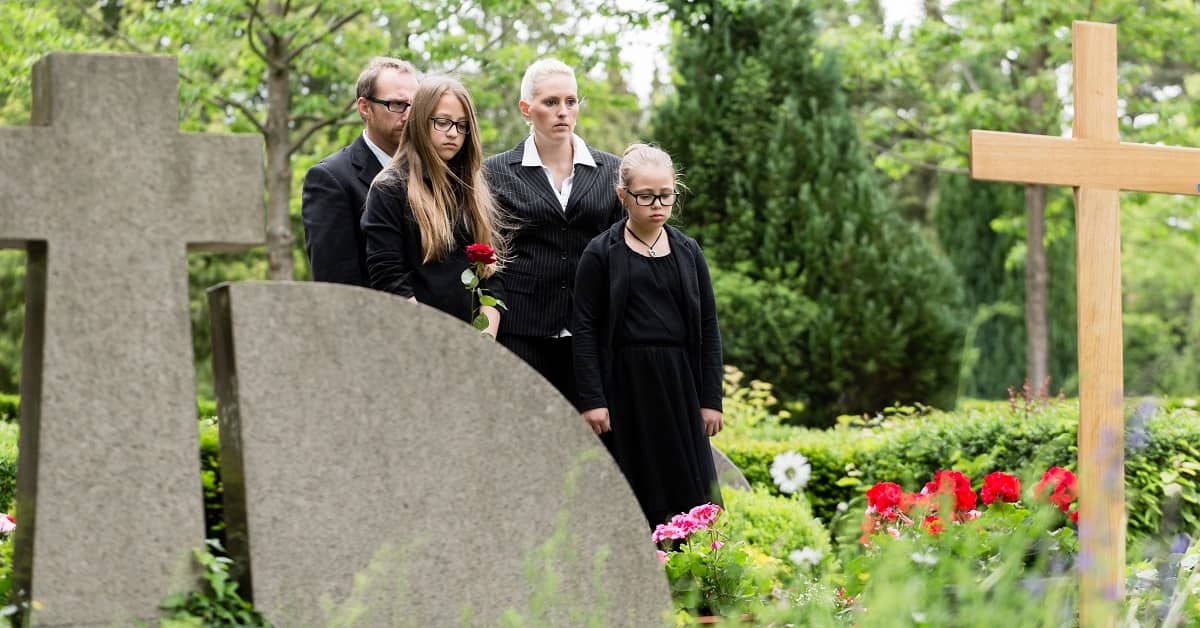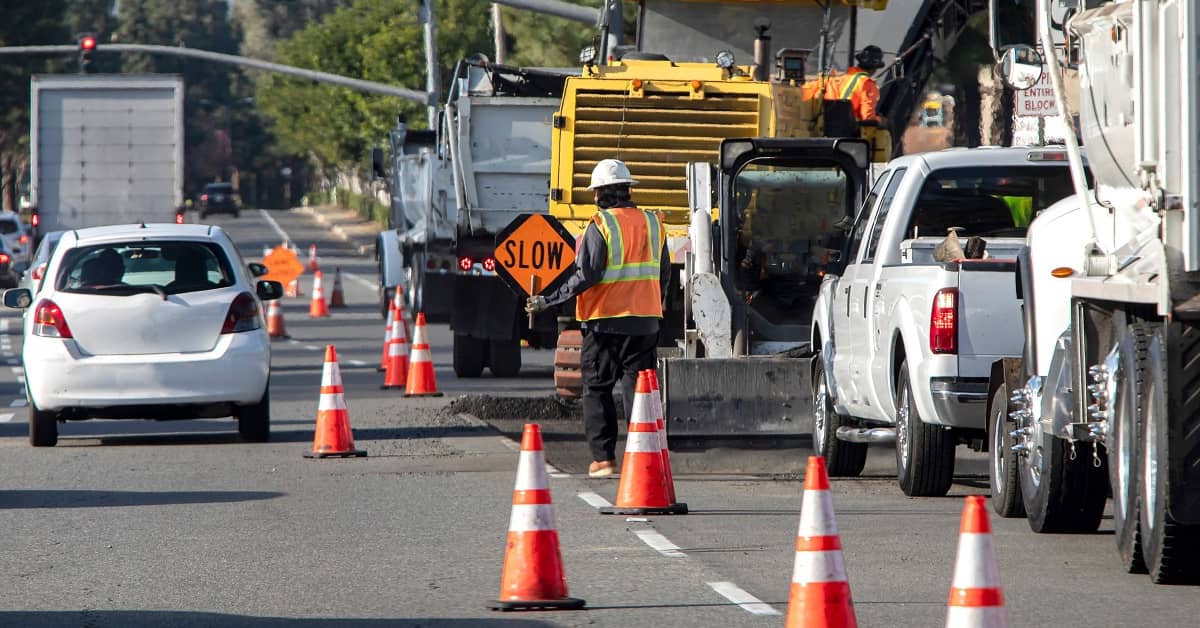
What Workers’ Comp Benefits Can the Family of a Deceased Worker Get?
No one should have to face the risk of a fatal injury when they are at work. And yet, dozens of New Jersey workers suffer deadly injuries on the job every year.
The U.S. Bureau of Labor Statistics reports that New Jersey’s rates of fatal falls and exposure events (i.e., exposure to toxic fumes) are above the national averages. Many other factors lead to preventable work-related deaths in the state as well.
Two Types of Workers’ Comp Death Benefits in New Jersey
There are two types of workers’ comp death benefits that are available to eligible family members under New Jersey law. These are: (i) wage replacement benefits and (ii) coverage for funeral expenses.
Specifically, New Jersey law provides that eligible family members can receive:
- Weekly death benefit payments equal to up to 70% of the deceased worker’s weekly wage
AND - Coverage for up to $3,500 in funeral expenses
Weekly death benefits are subject to a statutory cap. If 70% of a deceased worker’s weekly income exceeds the statutory cap, then payments will be capped at the rate established by law.
The death benefits cap changes each year. In 2021, for example, benefits were capped at $969 per week. In 2022, they will be capped at $1,065 per week.
What Family Members Are Eligible for Workers’ Comp Death Benefits?
Under New Jersey law, weekly workers’ comp death benefits are available to the deceased worker’s dependents. As the New Jersey Department of Labor and Workforce Development explains, “[t]he benefit amount is divided by the surviving dependents as determined by a judge after a hearing on extent of dependency.”
Who qualifies as a dependent? The deceased worker’s spouse and children are “conclusively presumed to be dependents” if they lived in the worker’s household at the time of death. Other family members must prove their dependency through financial documentation or other means.
Family members who may qualify as dependents (if they can prove it) include:
- A spouse who did not live in the deceased worker’s household at the time of death
- Children under age 18 (or under age 23 if full-time students) who did not live in the deceased worker’s household at the time of death
- Parents, stepparents, grandparents, grandchildren, and siblings
An experienced lawyer can help you and other dependent family members establish your right to workers’ compensation death benefits.
How Long Do Workers’ Comp Death Benefits Last in New Jersey?
The length of time for which eligible dependents can receive death benefits from workers’ compensation varies depending on their relationship to the deceased worker. New Jersey law provides as follows:
- Dependent Spouses: Dependent spouses are entitled to receive benefits “during the entire period of survivorship or until [they] remarry.” If a dependent spouse remarries, he or she will receive “the remainder of the compensation which would have been due the spouse had the spouse not remarried, or 100 times the amount of weekly compensation paid immediately preceding the remarriage, whichever is [less].”
- Dependent Children: Dependent children are entitled to receive benefits for 450 weeks in most cases. If a child is still under age 18 (or under age 23 if a full-time student) at the end of the 450-week period, then the child’s eligibility will continue until the child reaches age 18 (or 23). Children who have physical and mental disabilities may be entitled to additional benefits.
- Other Dependents: Other dependents, except for parents and stepparents, are generally eligible to receive workers’ comp death benefits for 450 weeks if they are under 18 or over 40 years of age. Those who have been diagnosed with physical and mental disabilities can collect benefits for the full 450-week period regardless of their age. Parents and stepparents also are not subject to any age restrictions under New Jersey’s workers’ comp law.
As you can see, New Jersey’s workers’ compensation laws regarding death benefits are complicated. Filing a successful claim on your own can be difficult as a result.
Contact a New Jersey Workers’ Compensation Attorney Today
The aftermath of a workplace injury is always challenging. When an accident on the job results in a worker’s death, the impact on the family is immense.
If you are unsure whether you have a viable claim or don’t understand the benefits you may be entitled to from workers’ compensation, the knowledgeable attorneys at Maggiano, DiGirolamo & Lizzi can help. Our team has extensive experience navigating the complexities of workers’ compensation claims.
We are committed to fighting for the full workers’ compensation benefits you and your family deserve. This includes appealing denial of your claim and any adverse decisions that may arise when you are receiving benefits.
For a free case review, please call Maggiano, DiGirolamo & Lizzi at (201) 585-9111 today. Our workers’ compensation lawyers serve clients in Fort Lee and throughout New Jersey.

















